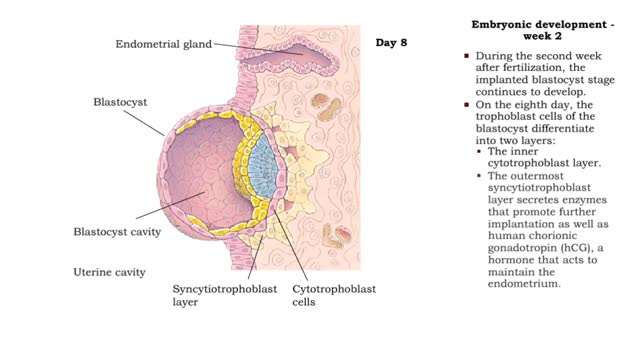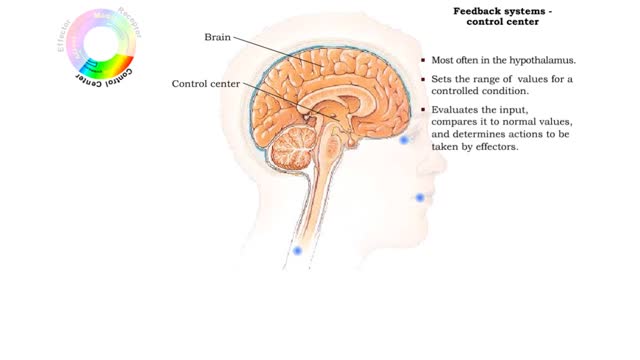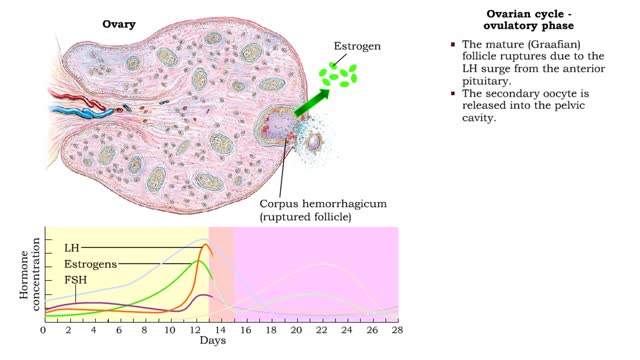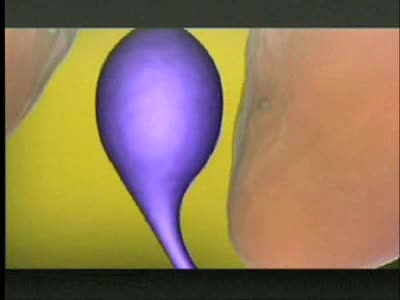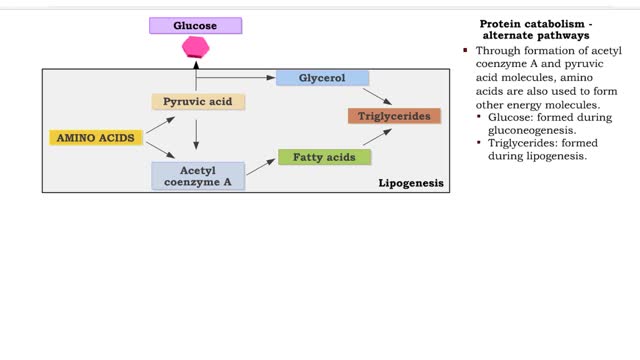Search Results
Results for: 'Blood colloid osmotic pressure'
Embryonic development - week 1 and 2
By: HWC, Views: 10537
The first through eighth weeks after fertilization are called the embryonic. Week 1 • Within a day, the zygote begins mitotic cell division (cleavage) forming blastomeres. By the 4th day, the blastomeres have formed a solid ball called a morula. • The morula enters uterine cavity ar...
Component of feedback systems & Communication and regulation of body systems
By: HWC, Views: 10663
• Primary responsibility for communication and regulation in the body is shared by the nervous and endocrine systems. • The two systems work alone or together in specialized physiological processes called feedback systems to maintain homeostasis. • Feedback systems - or loops - are ...
Predator- prey competition and symbiosis
By: HWC, Views: 10311
Predator-prey relationships occur when one species, the predator, kills and eats an organism of another species, the prey. This graph shows the cyclical nature of predator-prey relationships, in this case among populations of Canada lynx and snowshoe rabbits. If predation is without some li...
By: HWC, Views: 10872
• The ovarian cycle is a monthly sequence of events, consisting of three phases: • Preovulatory • Ovulatory • Post ovulatory Preovulatory phase • prior to ovulation: Primary follicles develop into secondary follicles. • Follicular cells surrounding the primary oocyte In...
By: Administrator, Views: 13625
Epilepsy is a group of neurological disorders characterized by epileptic seizures. Epileptic seizures are episodes that can vary from brief and nearly undetectable periods to long periods of vigorous shaking. These episodes can result in physical injuries, including occasionally broken bones. In ...
By: Administrator, Views: 13825
Herpes simplex is a viral infection caused by the herpes simplex virus. Infections are categorized based on the part of the body infected. Oral herpes involves the face or mouth. It may result in small blisters in groups often called cold sores or fever blisters or may just cause a sore throat. G...
By: Administrator, Views: 13539
Alzheimer's disease (AD), also referred to simply as Alzheimer's, is a chronic neurodegenerative disease that usually starts slowly and gradually worsens over time. It is the cause of 60–70% of cases of dementia. The most common early symptom is difficulty in remembering recent events. As the d...
Protein catabolism (Krebs cycle) and Protein anabolism (protein synthesis)
By: HWC, Views: 11016
• Deaminated acids are brought into the Krebs cycle to be oxidized to CO2 and H2O. • Before entering the Krebs cycle, the deaminated acids are converted into intermediate products (pyruvic acid, acetyl coenzyme A, carbonic acids). • In the Krebs cycle, amino acids are oxidized to form r...
By: Administrator, Views: 13716
Bipolar disorder, previously known as manic depression, is a mental disorder that causes periods of depression and periods of abnormally elevated mood. The elevated mood is significant and is known as mania or hypomania, depending on its severity, or whether symptoms of psychosis are present. Dur...
Advertisement



